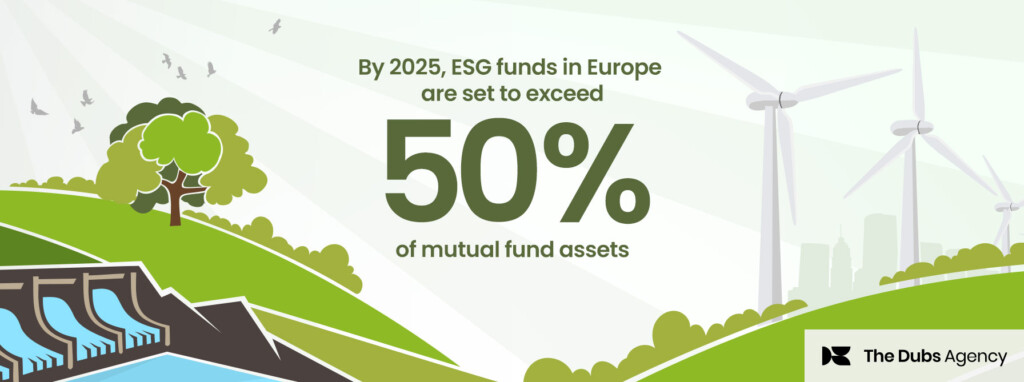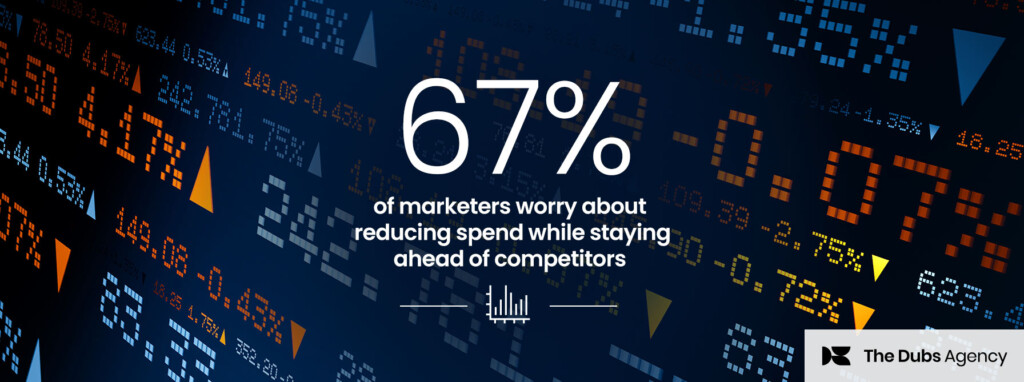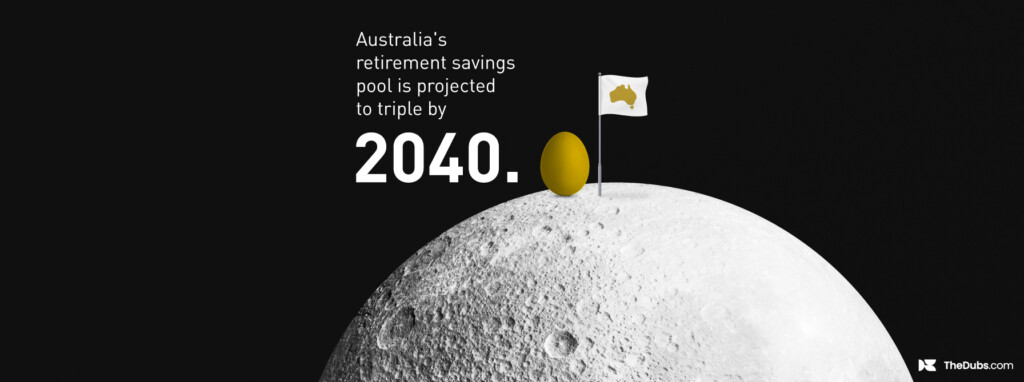There’s a growing global commitment to sustainability, with consumers demanding more environmentally conscious products and services. In fact, 71% of consumers say they prefer to buy from companies that align with their values, reflecting a prime opportunity for finance brands to capture new market segments and to stand out from the crowd.
While previously eco-friendly products may have been associated with the commerce sector, nowadays customers are demanding finance brands demonstrate a commitment to protect the environment. So, how can finance brands demonstrate to consumers their shared commitment to protect the planet and market their sustainability initiatives effectively to drive awareness, brand preference and loyalty.
Sustainability should be a core value for finance brands
With 68% of the world seeing climate change as a major threat, people globally are demanding more sustainable finance products and to see their financial organisation reflect their environmental values. On an individual level, the UK, USA and Australian customers are wanting their finance brands to incorporate sustainability as a core value. In fact:
- 71% of UK banking customers agree they are more likely to choose a bank with a positive social and environmental impact and more than 60% would leave their bank if it was harming the environment
- 66% of Australians don’t want their money to cause harm to the planet and 86% expect their savings and super will be invested responsibly and ethically
- 73.84% of Americans find sustainability and environmental friendliness as important in banking
This growing global commitment showcases an opportunity for finance brands to capture new market segments by tailoring their products and marketing to what consumers want. Yet, digital challenger banks and fintech startups are filling this market gap over larger finance brands, indicating that finance brands that don’t jump on this movement could lose out big time.
While demand for greener financial choices is still growing in popularity, in the long-term, Gen Z and Millennials will turn to finance brands that represent sustainability. In fact, 93% of Gen Z believe brands have an obligation to take a stand on environmental issues.
Doconomy: Nailing sustainability
The Swedish challenger bank, Doconomy, has centered its sustainability efforts as a unique marketing point. Beginning in 2018, Doconomy started with one vision – to become a tool and ecosystem that drives environmental education and positive change.
“ 93% of Gen Z believe brands have an obligation to take a stand on environmental issues.”
Doconomy offers a green credit card, called DO, where users can track their carbon footprint and compensate for it through projects that meet the UN-certified green project criteria. Rather than offering a percentage of purchases to green organisations like other green credit cards, DO aims to educate and make users aware of their environmental footprint enabling positive change. Their aim is to encourage behavioural change and a rewiring of the entire financial system by promoting greater sustainability
While only new, Doconomy has seen great success with over 90 million transactions being calculated every month and partnerships with some of the largest finance brands in the world, like Klarna, BNP Paribas and Bank Nordea. They are also active in 20 markets and have plans to continue to expand.
While this may not be how your finance brand incorporates sustainability into their marketing and products, it showcases a business model that directly reflects what consumers are after. In Sweden, 78% of people believe they can personally act to slow down climate change, demonstrating the targeted and tailored business and marketing approach Doconomy has taken.
Why finance brands should care
Your finance brand can’t ignore the growing global movement towards sustainability with 73% of people factoring a product’s environmental friendliness in their purchasing decisions. With the continuing emergence of data and concern about the climate change crisis, consumers will continue to demand more sustainable and environmentally friendly products, services, and commitments. By jumping on the bandwagon now, your finance brand can gain a competitive edge, capture new market segments and stand out from the crowd – and importantly, do your part to protect the planet.









